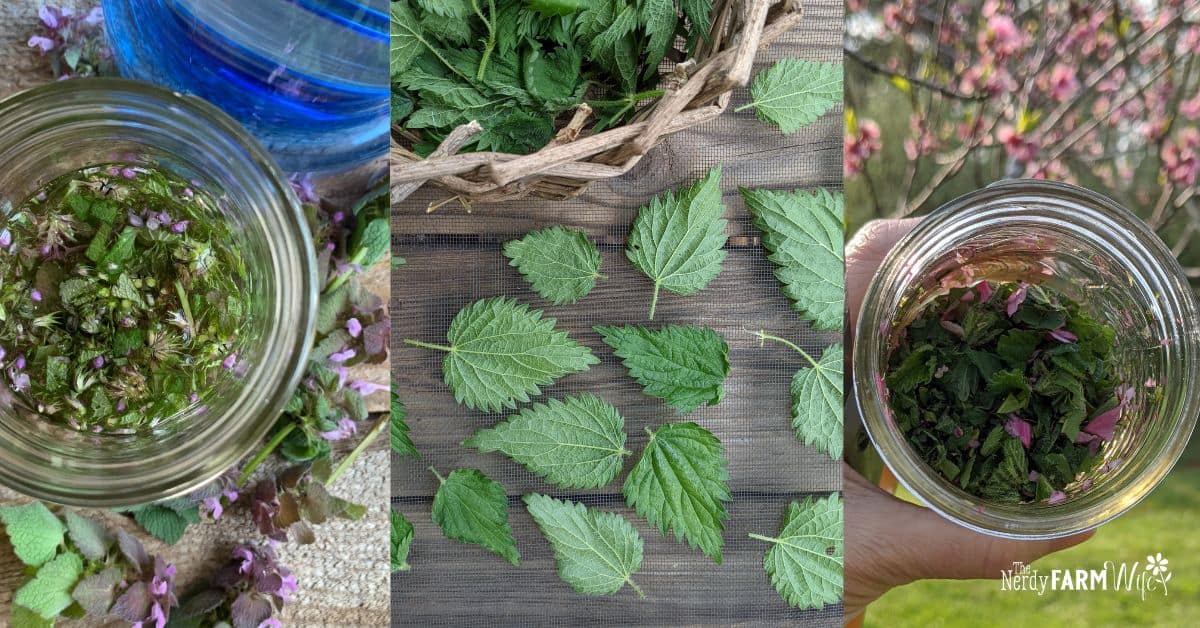Make Your Home a Haven
The air outdoors may be full of pollen, but you can still keep your home an easy-breathing oasis.
Here are some household tips if you or a loved one suffers from terrible pollen allergies:
- Wash your pillowcases frequently and be sure to use unscented laundry detergent. Vinegar makes a great natural fabric softener that shouldn’t cause reactions.
- If possible, invest in some dust mite covers for your pillows.
- Don’t line dry your clothes outdoors while the pollen count is up. You can buy indoor drying racks or hang a line up indoors if you’re trying to save money by running your dryer less often.
- Avoid air fresheners, room sprays, and scented candles. Fragranced items are sneezing triggers for highly sensitive people, especially when combined with a high pollen burden.
- Run a HEPA air filter in sleeping areas. If you can’t afford a fancy air purifier machine, try the DIY method of duct taping a filter to an inexpensive box fan.
- This is a little more drastic action, but when my son’s allergies and asthma were at their peak, I covered all of the cracks around his bedroom window, air vents, etc with duct tape to keep pollen from sneaking in, and ran an air purifier 24/7. His bedroom became an oasis within an oasis.
- Remove shoes at the door and clean your floors regularly. If your floor type permits it, try a splash of vinegar in hot water as a daily non-toxic floor wash to rinse off settled pollen.
- Use natural cleaners. (Here’s a printable with my favorite natural cleaning recipes!)

Vitamins & Supplements to Explore
Quercetin – a natural anti-oxidant and anti-inflammatory compound found in fruits and veggies. Studies have shown that taking quercetin in advance of pollen season will noticeably help decrease allergy symptoms for some people.
All ages can take quercetin, but be aware that if you’re sensitive to salicylates or have a slow COMT genetic mutation, you may not have a good reaction to quercetin. So try a little first and see how you react before going all-in with this supplement.
Vitamin D – People who have lower-than-optimal levels of vitamin D (and that’s a shocking estimated 40+% of us) are more susceptible to certain health challenges, including allergic rhinitis – which is basically sneezing, itchy nose, watery eyes, etc causes by allergens.
Vitamin D helps modulate your immune system which in turn helps you to better handle exposure to allergens. You can ask your doctor to check your level, but we do a blood spot Vitamin D test at home to get an idea of our vitamin D needs. (Holistic Heal is one place we like for at home tests.)
Probiotics – These are beneficial bacteria, such as Bifidobacterium and Lactobacillus, that live in your digestive system and have been studied for their ability to regulate the immune system. Since allergies are what happen when your immune system goes haywire over something that’s normally harmless, we need all the immune-normalizing help we can get!
Saline Nose Spray or Neti Pot – These help flush pollen and other irritants from your nose. Tons of people have success with these helping their allergies. I confess to using neither. I’m good with just splashing my face, nose, and closed eyes with lots of cool running water, then drying off with a clean towel and that helps me a lot!
Local Raw Honey – isn’t exactly a vitamin or supplement, but you can buy a jar of it at your local farmer’s market! MANY people swear by taking a spoonful of local honey to keep their allergies under control. The premise is that it contains traces of pollen from all of the plants that are growing right around you. By taking a spoonful each day, you train your immune system so it doesn’t reject that same pollen when it’s blowing around in clouds during peak pollen season.
It should go without saying, but I have to say it anyway – if any of these supplements or herbs cause a reaction, or you know you’re sensitive to them, you should avoid them. If you’re having signs of a serious allergic reaction, contact medical support.
